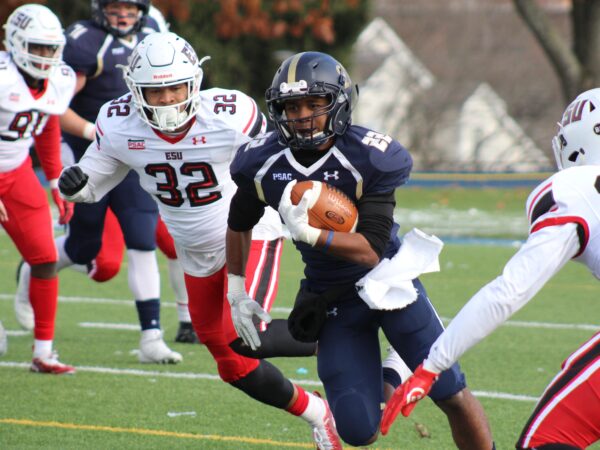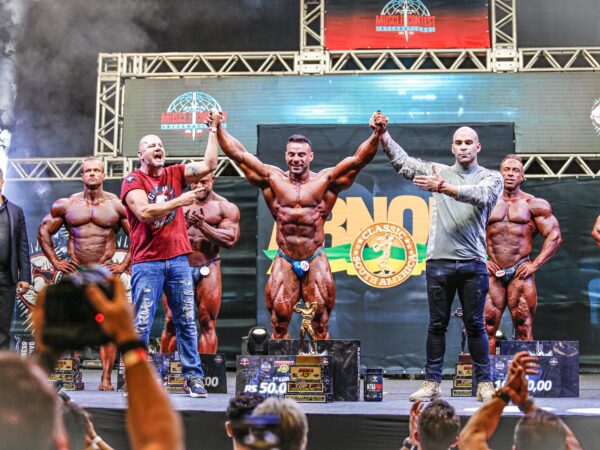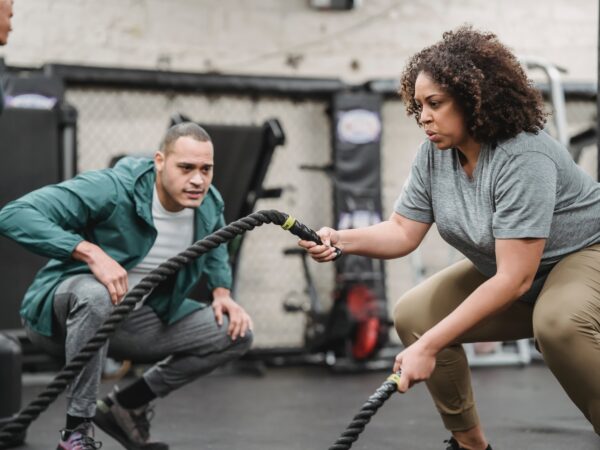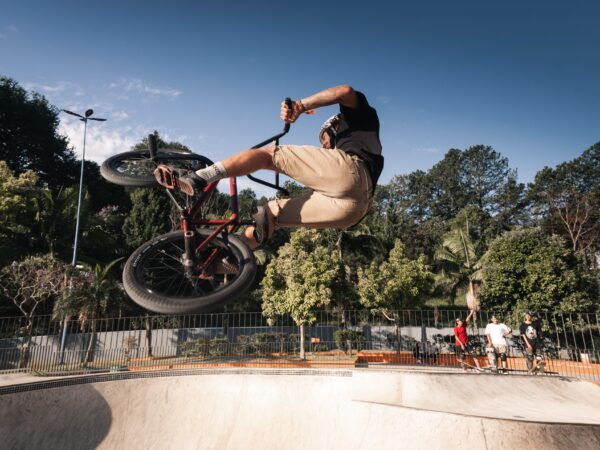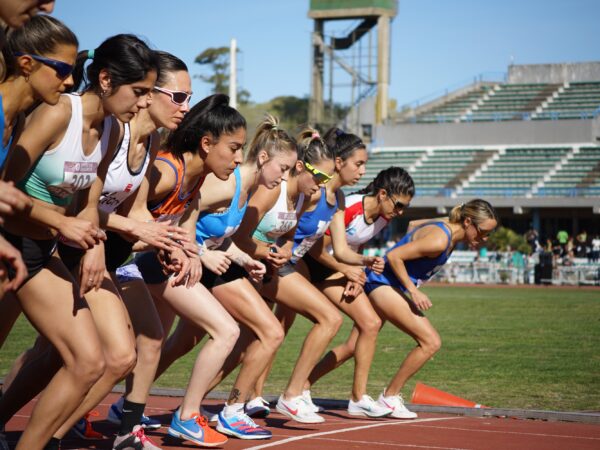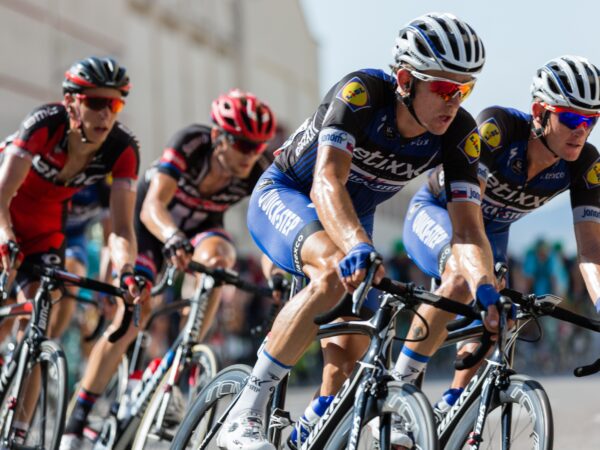Athletes often talk about the mental aspect of their sport and discuss how mental toughness and mindset can make all the difference in achieving success. While physical ability and skill are necessary to excel in any sport, it is the mental ability that sets elite athletes apart from the rest. Whether it is the 100-meter sprint or the marathon, basketball or swimming, each sport requires a unique set of skills and training. However, mental toughness and mindset are crucial to performance, regardless of the sport. Thus, to understand the psychology of sports, one must delve deeper into the mindset of an athlete. In this article, we will discuss what mental toughness and mindset mean, how they impact athletic performance, and how one can cultivate mental strength to excel in sports.
What is Mental Toughness?
Mental toughness is defined as the ability to manage emotions, thoughts and behavior in ways that set goals and cope with setbacks, challenges, and pressure. In simpler terms, it is the ability to stay focused and confident, despite the obstacles that an athlete may face.
Mental toughness is not an innate trait; it can be developed with training and practice. Like physical fitness, mental fitness is the result of repeated training and practice. The great news is that mental toughness is accessible to everyone; it is not reserved for a select few.
Athletes with high levels of mental toughness can control their thoughts, manage their emotions, and stay focused during their sporting events. These athletes are more resilient, adaptable, and perform better in high-pressure situations.
According to research, mental toughness is also linked to injury prevention, faster recovery from injury, and longevity in sports. Its is the Psychology that has significant effect of sports.
What is Mindset?
Mindset is the set of beliefs and attitudes that an individual has towards their abilities and potential. This can be either a positive or negative mindset. A positive mindset supports the belief that one can develop and improve skills, while a negative mindset believes that skills and abilities are innate and cannot be changed.
Carol Dweck’s research popularized the concept of mindset, highlighting the impact of a growth mindset versus a fixed mindset. In sports, a growth mindset is essential for an athlete to constantly develop and improve their skills.
A growth mindset athlete sees challenges and failures as opportunities to learn and grow, rather than a threat to their abilities. This mindset allows athletes to become more resilient in the face of adversity, and to push beyond their limits.
A fixed mindset athlete, on the other hand, sees challenges and failures as a reflection of their abilities. They may give up more quickly and are less likely to take risks or try new things, limiting their potential.
How Mental Toughness and Mindset Impact Athletic Performance
Mental toughness and mindset are critical to athletic performance, and their impact cannot be overstated. High levels of mental toughness allow athletes to maintain focus and perform well under pressure. A positive mindset enables athletes to view challenges as opportunities to learn and grow.
Athletes with greater mental toughness and a growth mindset are more likely to take risks, persist in the face of failure, and view obstacles as opportunities to improve. This results in better performance, higher achievement, and greater success in the long run.
Consider the example of marathon running. Running for over 26 miles requires not just physical endurance, but also mental endurance. Having the ability to concentrate, stay focused, and overcome the pain and exhaustion is key to becoming a successful marathon runner.
Similarly, in team sports such as basketball, volleyball, or soccer, mental toughness is essential in facing adversities, such as falling behind in the score, losing players, or facing aggressive opponents. Such scenarios require athletes with high levels of mental toughness to stay focused, trust their skills, and maintain composure.
Cultivating Mental Toughness and Mindset
The great news is that mental toughness and mindset can be developed with training and practice. Here are some strategies athletes can use to build these skills:
1. Visualization
Visualization is a powerful technique in sports psychology. It involves creating vivid mental images of the desired outcome or achievement. Visualization helps athletes to focus on what they want to achieve and how to achieve it.
For example, a swimmer can visualize themselves swimming faster and with less resistance, a basketball player can picture themselves making the winning shot, or a tennis player can imagine themselves hitting the perfect serve.
2. Positive self-talk
Positive self-talk involves consciously inserting positive self-affirmations into one’s internal dialogue.
For example, an athlete may tell themselves, “I am strong, I am capable, I have trained hard, and I am ready for this challenge.” This helps to build a positive and growth-oriented mindset.
3. Goal setting
Goal setting is a crucial aspect of mental toughness. Athletes with specific, challenging, and achievable goals are more likely to succeed.
Setting both short-term and long-term goals helps to maintain motivation, focus, and discipline. It also enables athletes to track their progress and celebrate their successes.
4. Resilience training
Resilience training refers to practicing techniques that build one’s ability to bounce back quickly from setbacks. This helps to build mental toughness, which is the ability to cope with and overcome adversity.
Examples of resilience training strategies include meditation, deep breathing, relaxation techniques, or simply practicing self-reflection and positive self-talk.
Conclusion
Mental toughness and mindset are essential qualities for success in sports. The good news is that these qualities can be developed with training and practice. By focusing on visualization, positive self-talk, goal-setting, and resilience training, athletes can cultivate the mental toughness and growth mindset needed to become successful in their sport. This was the psychology of sports.
Ultimately, it is the combination of physical ability and mental toughness that sets elite athletes apart from the rest. By developing mental toughness and a growth mindset, athletes can unlock their full potential and achieve their goals.





